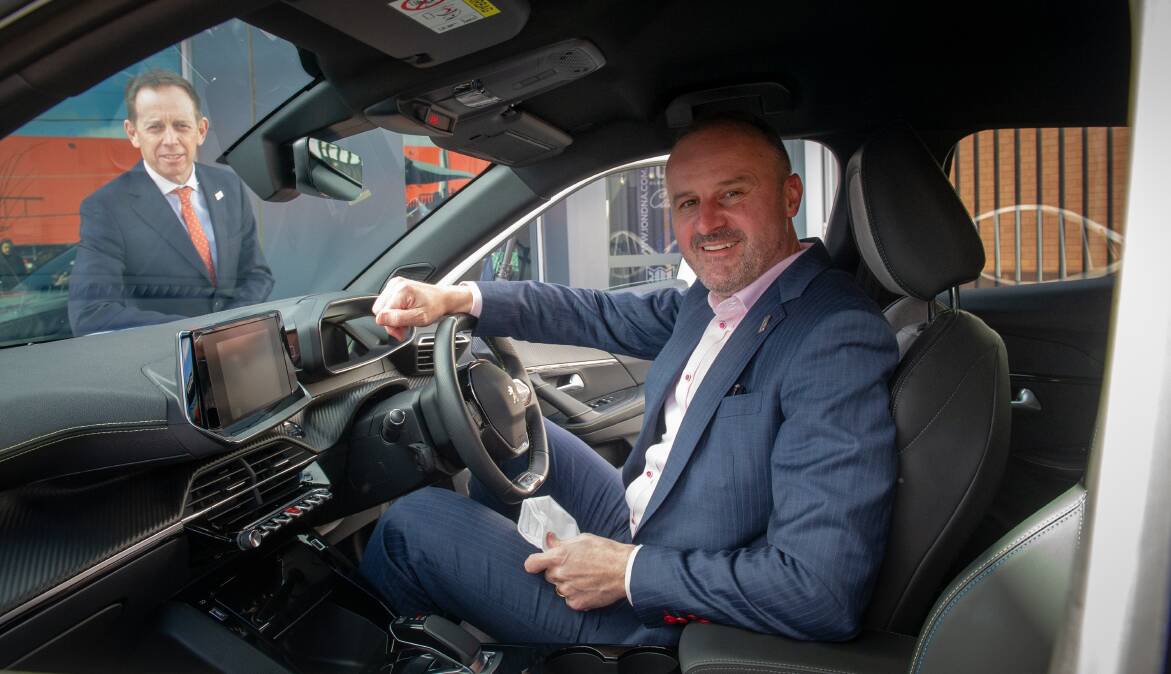
The future appeared just around the bend this week when the ACT government announced it would ban new fossil-fuel powered cars from Canberra's roads in 13 years' time. The era of petrol bowsers and fumes is spluttering to the end.
But for Rob Ogilvie, who runs the ACT's first - and so far only - all electric-vehicle showroom, the future is already here.
"Once people ride them and drive them once, they're pretty much changed. All you've got to do is alleviate a lot of the fears that are out there and then once that's done and once they've got the hang of it after a week or so, they're all good," he said.
Mr Ogilvie brims with confidence: there's huge demand already for a small number of cars, and the technology by 2035 will have changed dramatically.
"I've got no doubt it's all going to work. There's a lot of people with a lot of money pushing for this to make it happen," he said.
Mr Ogilvie's Fyshwick showroom was where the ACT Chief Minister Andrew Barr and Emissions Reduction Minister Shane Rattenbury announced nation-leading electric and zero-emission vehicle policies.
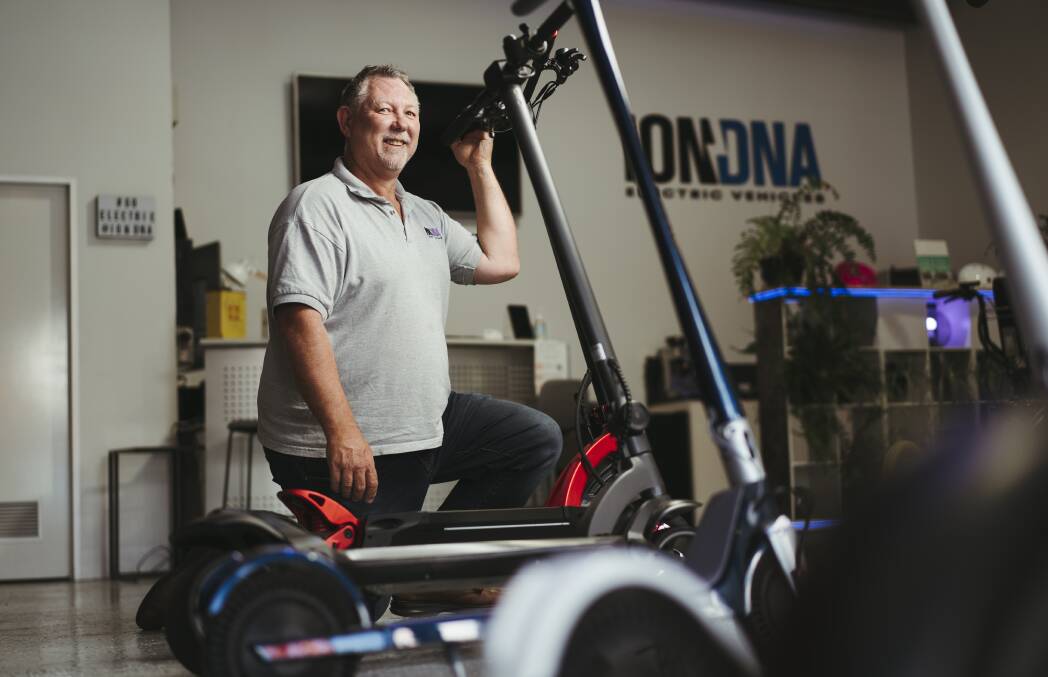
The ACT on Monday became the first Australian state or territory to set a date for the phase-out of light vehicles powered by the internal combustion engine. From 2035, new light vehicles - which include passenger cars, motorbikes and small commercial vehicles - powered by fossil fuels will not be permitted on the territory's roads.
Old models will not be taken off the road at that date, but a new registration scheme will offer discounts for motorists producing fewer emissions and experts believe the running costs of keeping a petrol car going much beyond that date will make it the preserve of true enthusiasts.
And once the prices of electric vehicles drop - both new and second hand - to be comparable with fuel-powered models, they will be even more attractive to motorists, who will be able to avoid expensive fuel prices.
The announcement captured national attention as some industry groups sought to sound alarm that the switch would force some motorists out of the market as prices rose, while environmental groups and electric vehicle advocates praised the switch.
"It might be the last time someone going electric was so controversial was Bob Dylan in 1965, but there you go," Chief Minister Andrew Barr told The Canberra Times.
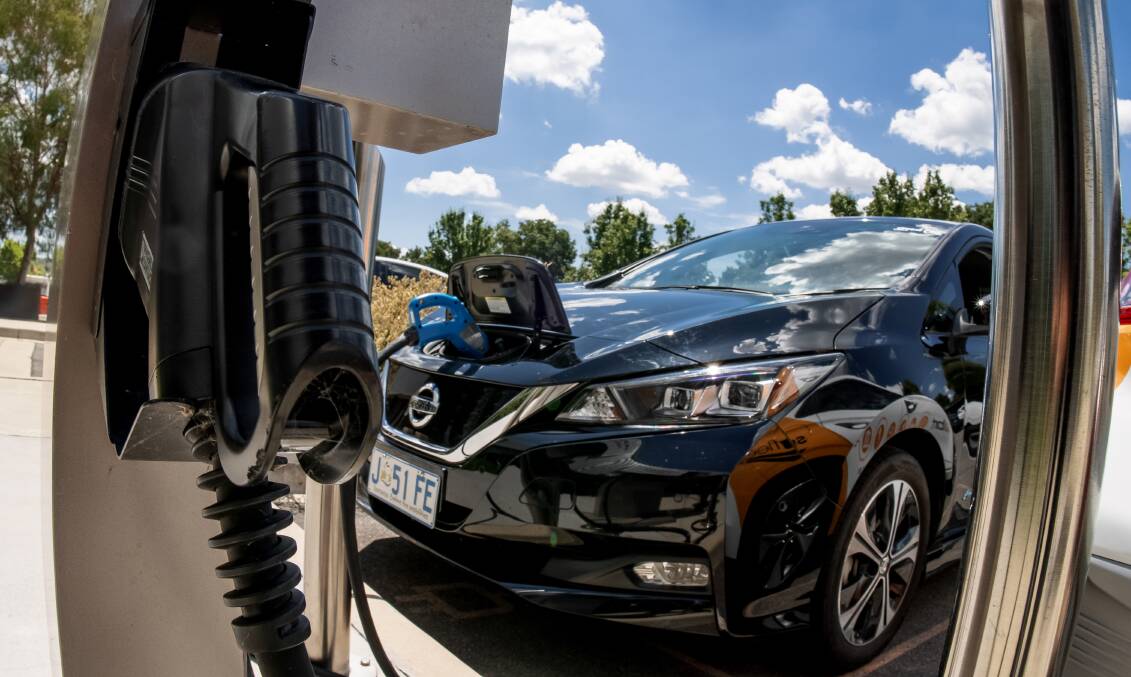
Mr Barr said he hoped the plan showed Labor and the Greens could work together to develop a policy that was practical and achievable but still made a difference.
"To get 80 to 90 per cent sales, we anticipate there will be about 24,000 new vehicles a year bought in 2030, so 80 per cent of that is 18,000 to 20,000 zero-emission vehicles need to be available per year by then," he said.
"We're going to need thousands of extra vehicles, so part of that is persuading all of the major vehicle manufacturers to make their vehicles available in the ACT. But I think I've got a very good story to tell to attract that, knowing they will sell, they are selling."
The ACT is still in the incentives phase. Interest-free loans are on offer to cover part of the cost of a vehicle or a charger, and drivers will enjoy two years of free registration if they register their new zero-emission car before 2024. Stamp duty is also waived on new - and now used - zero-emission vehicles.
"I think if you look at incentives and disincentives - so carrots and sticks - at this point we're at the offering incentives phase but, yes, once more zero-emission vehicles are available and they're cheaper, that will be the time for further pricing signals that again reward people making the choice for lower emission vehicles," he said.
The ACT's registration scheme will be overhauled in a significant shift for road user charges: the cost will be determined by emissions produced rather than the weight of the car. Heavy batteries would disadvantage motorists under the current scheme. Mr Barr also thinks a distance charge - probably in line with NSW's 2.5 cents a kilometre from 2027 plan - will be part of the zero-emission vehicle future for the ACT, helping to replace what will be a rapidly evaporating fuel excise collection.
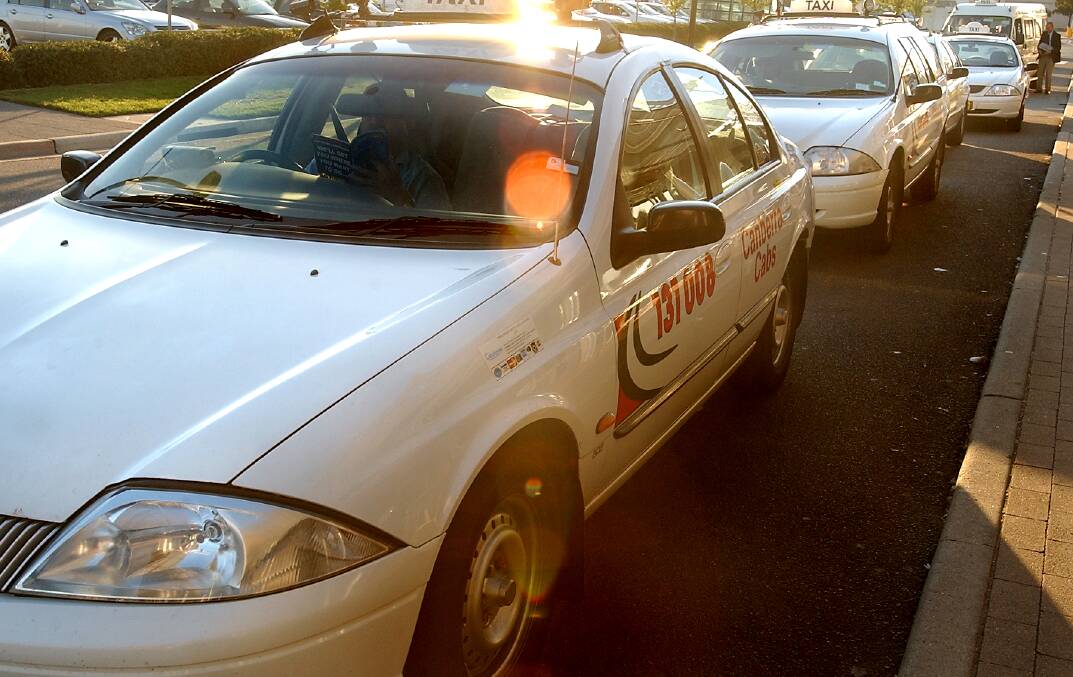
Ride-share and taxi fleets will be expected to go electric even earlier, with no new internal-combustion engine vehicles to enter service from 2030. The high turnover in those fleets means a strong oncoming demand for electric cars.
Chris King, the chief executive of ride-share financing company Splend, said he supported the ACT's electric vehicle strategy, saying it was bold but realistic.
Splend tried to introduce a fleet of electric cars into the ACT in 2015, but the limited range on that generation of Nissan Leafs meant the plan hit a dead end. Now, the company is about to offer vehicles for Canberra ride-share drivers that can comfortably travel 400 kilometres.
In London, Mr King said, policy shifts half a decade ago have seen a rapid take-up of electric vehicles among ride-share drivers, prompted by tax breaks and other incentives. By 2030, operators in the ACT should not be worried.
"Right now there's just this huge share of ride-share vehicles converting from [internal combustion engine] vehicles to pure electric. It's really awesome to see and watch," Mr King said.
"The charging infrastructure is one of those things where you have to get it first and then the electric vehicles will come ... The ACT government I know has always been leading the charge but now it's lights, camera action and there'll be a lot of electric vehicles come online in the ACT."
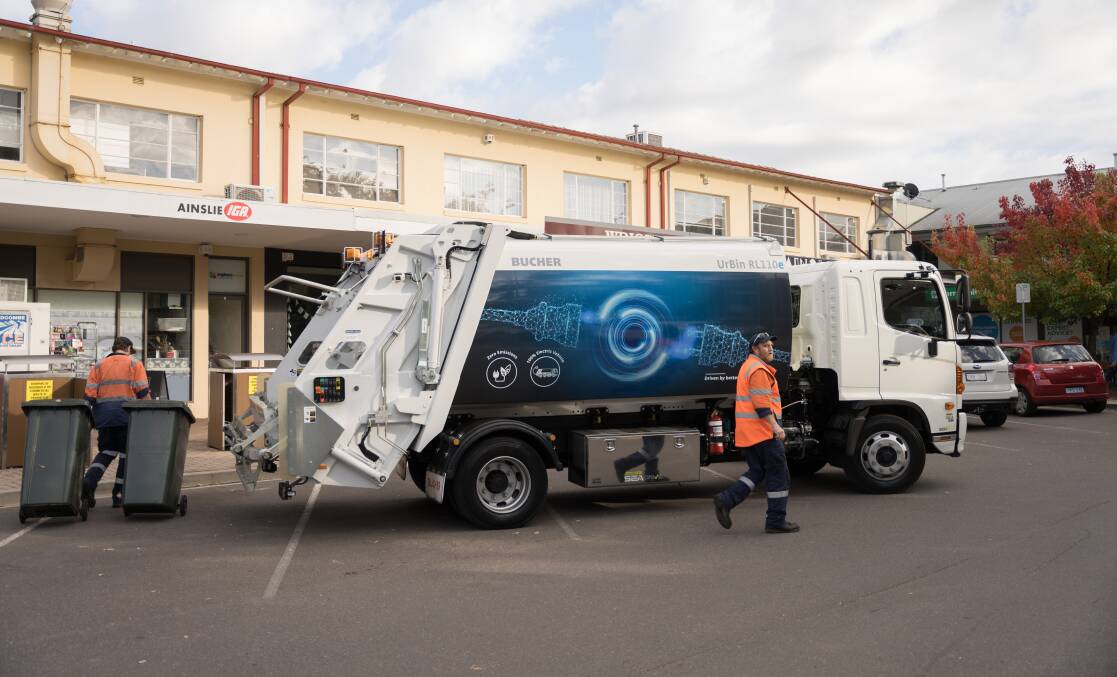
And it's not just light vehicle operators who have backed the government's plan.
The Australian Trucking Association's Samuel Marks, a senior adviser on infrastructure and sustainability, said the ACT had a good opportunity to play a national leadership role in transitioning heavy vehicles to zero-emissions technology.
Canberra's urban fleet of trucks - which did back-to-base deliveries around the capital - was a prime candidate for going electric. Government support in the right areas would help drive demand and make it economical for truck operators to switch.
The association, which has a voluntary target that no new fossil-fuel powered trucks enter the fleet after 2040, has welcomed the ACT government's inclusion of heavy vehicles in its transition plan.
Mr Marks said the ACT had shown it was at the forefront of the change with its Volvo partnership to develop zero-emission vehicles for the territory's Emergency Services Agency. The government also wants zero-emissions waste trucks in Canberra sometime in the next decade. A "cutting edge" electric garbage truck is already being trialled in the ACT.
"Often most governments have left trucks out of the zero emissions agenda. The ACT is essentially demonstrating that those days are now over," Mr Marks said.
"Ending our reliance on volatile and high diesel prices could be one of the most significant reforms for the future of the Australian trucking industry and our supply chains and freight costs."
Charging infrastructure will be a critical component of the rapid electrification of the transport network. People who have their own garages hooked up to power will be able to readily install charging infrastructure. People who buy apartments built after coming changes to planning rules that require charging infrastructure will also be looked after.
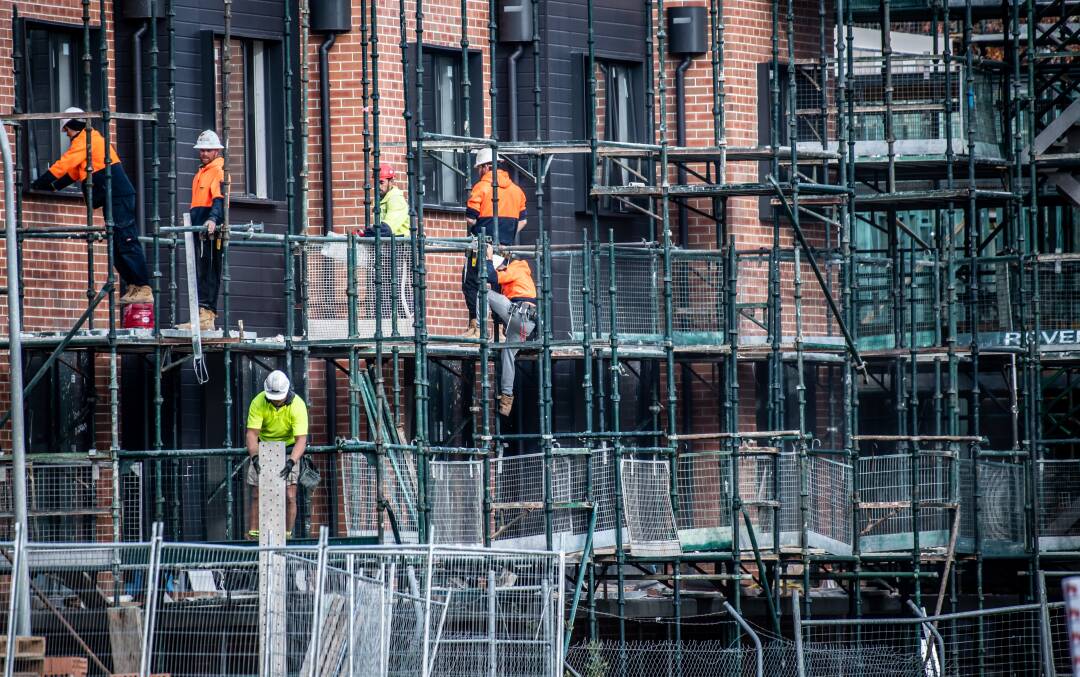
Retrofitting charging infrastructure in existing multi-unit car parks can be difficult. A $2000 incentive will be on offer, but for many apartment dwellers - along with travelling motorists - a public charging network will be key. The government is kick starting a network but private players will be able to use streamlined approvals to add chargers to government car parks. Hotel and car park operators are expected to add chargers, too, making their own facilities more attractive.
Vehicle market analysts expect price parity between electric vehicles and their petrol- or diesel-powered equivalents to be reached sometime before the end of the 2020s. This would mean an internal combustion engine model would be more expensive to run, given the cost of servicing and fuel.
While the ACT will not revolutionise the Australian vehicle fleet by itself, its first step is soon expected to be followed by other states and backed up by vehicle manufacturers who will soon move away from engines and are looking for plug-in ready markets.
Already the majority of adult Canberrans are interested in buying an electric vehicle when they next replace their car, while 68 per cent said they would pick the electric model over the equivalent petrol-powered version if the price was the same.
The government was in 2020 told it had a window of five years to boost take up.
Mr Barr said this week he hoped buying a petrol car would be as quaint and unusual as buying a new album on cassette.
There's every chance by 2035 it won't just be unusual, it would be down right ludicrous.
We've made it a whole lot easier for you to have your say. Our new comment platform requires only one log-in to access articles and to join the discussion on The Canberra Times website. Find out how to register so you can enjoy civil, friendly and engaging discussions. See our moderation policy here.







